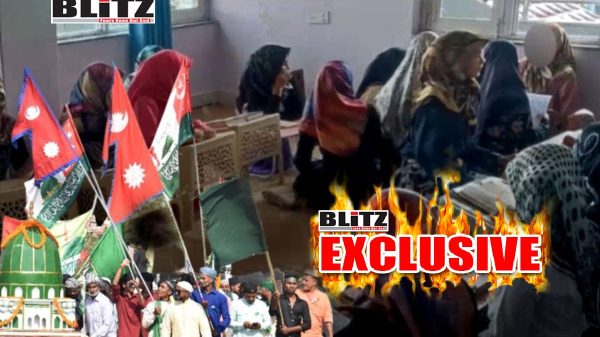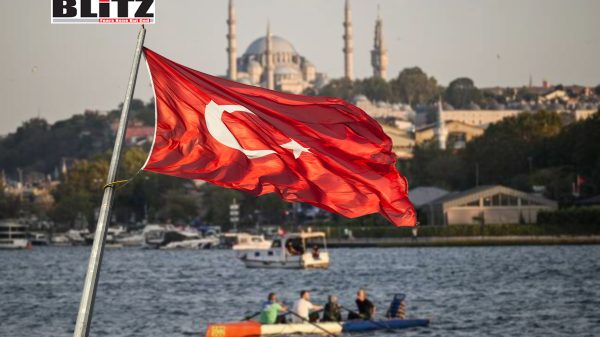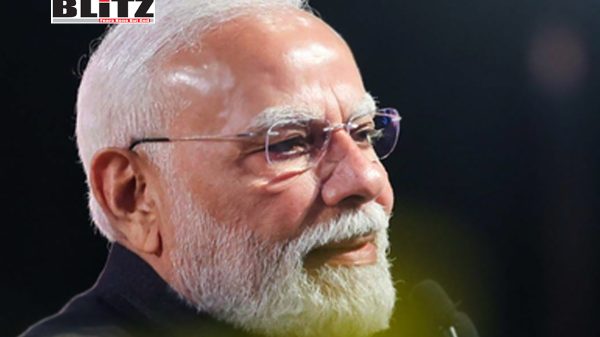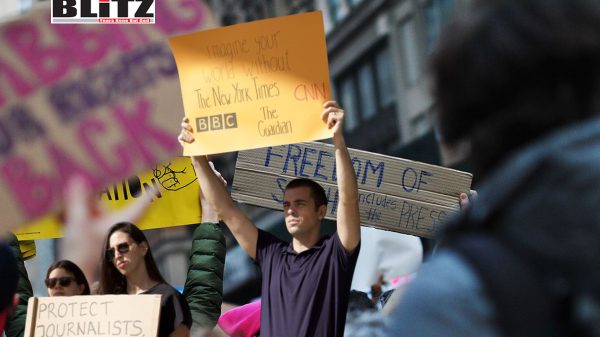Islamist conspiracy in Nepal: ISI and global jihadist networks expanding ‘Islamic conquest’ agenda
- Update Time : Monday, September 8, 2025

The shadow of jihad is lengthening over Nepal. Once known as a tranquil Himalayan kingdom with no history of sectarian strife, Nepal is increasingly becoming a target of Islamist infiltration. From Pakistan’s notorious spy agency, the ISI, to globally designated terrorist outfits such as Lashkar-e-Taiba and Al Qaeda, a dangerous convergence of Islamist networks is at work.
Under the guise of charity, education, and religious outreach, these forces are laying the groundwork for what they call an “Islamic Conquest” – a strategy designed to alter demographics, radicalize vulnerable communities, and eventually destabilize Nepal from within. The alarming pattern follows the same blueprint used in parts of Africa, the Balkans, and Southeast Asia, where mosques and Islamic NGOs have acted as logistical hubs for jihadist expansion.
Several Islamist elements, including Lashkar-e-Taiba (LeT), Al Qaeda, and Pakistan’s Inter-Services Intelligence (ISI), are intensifying a well-orchestrated attempt with the dangerous blueprint of an Islamic takeover in Nepal. Such activities have significantly escalated, particularly after the Jihadist Coup in Bangladesh in 2024, which is gradually transforming that country into a de facto Caliphate. Jihadist outfits such as Ansar al-Islam, the Bangladeshi franchise of Al Qaeda, openly justify murdering secular writers and bloggers by branding them “enemies of Islam”.
According to reports circulating on social media, Nepalese authorities recently uncovered foreign citizens teaching the Quran to teenagers without work permits. Immigration officials and police raided hostels in Lalitpur linked to the Himalaya Education and Welfare Society. Children from poor families and orphans from Kapilvastu, Sarlahi, Rautahat, Banke, and Dang were being housed and taught only Islamic studies – with no exposure to Nepal’s national curriculum.
Investigations revealed that the institution received around NPR 25 million annually from Turkey-based groups such as Saha International and other foreign organizations. Some teachers from Indonesia had entered Nepal on tourist visas, a clear violation of immigration law.
Experts warn that since President Recep Tayyip Erdoğan consolidated power in 2014, Turkey has aggressively expanded its religious influence abroad. Similar “educational” programs in Africa, the Balkans, and Southeast Asia have been linked to radicalization and extremist networks. Nepal, recognizing the risks, is now considering stricter laws to regulate foreign funding and NGO activities.
Meanwhile, in the Thamel area of Kathmandu – once known for budget-friendly hostels popular with Western tourists – there has been a visible influx of Bangladeshi Muslims.
Adding to concerns, a vernacular daily reported that the Alhaj Shamsul Haque Foundation (Ash Foundation) recently laid the foundation stone for its first mosque in Nepal. Located in the Inarawa area of Sunsari district near Biratnagar, the mosque, named Razzak Mosque, is being described as a religious hub for the local Muslim population, which makes up only about 5 percent of Nepal’s total population.
During the groundbreaking ceremony on July 18, 2025, the Ash Foundation’s chairman, Engineer Muhammad Nasir Uddin, openly declared that the mosque would not only serve Muslims but also function as a center for Islamic dawah (proselytization) among Nepal’s Hindu majority. In other words, this is not merely a house of worship, but a launching pad for religious conversion and demographic engineering.
The foundation, registered in Bangladesh in 2022, openly solicits donations on social media to fund mosque construction and expand similar projects across Nepal and neighboring countries. Intelligence sources, however, suggest that such initiatives are quietly backed by Pakistan’s ISI in coordination with Islamist networks from Turkey and select Gulf states.
With my experience as a counterterrorism researcher, it is clear that such mosques often serve dual purposes – not only as religious centers but also as logistical and recruitment hubs for jihadist outfits such as Al-Qaeda, ISIS, Hamas, Lashkar-e-Taiba, and Tehreek-e-Taliban Pakistan (TTP). This pattern mirrors developments in Africa and Southeast Asia, where Islamic charities and cultural centers have acted as cover for espionage, indoctrination, and militant operations.
For Nepal – a country with no legacy of sectarian conflict – such infiltration represents a dangerous turning point. Extremists are exploiting the nation’s open borders and traditionally tolerant society, embedding themselves into its social fabric to sow future discord and unrest.
Worryingly, Engineer Nasir Uddin has recently been seen meeting Lashkar-e-Taiba operative and Hefazat-e-Islam leader Mufti Harun Izhar, notorious for calling to build a mosque around the Chandranath Temple in Bangladesh. Nasir also publicly celebrated the bail order for Shafiur Rahman Farabi, an Al Qaeda operative convicted of the brutal murder of American writer Avijit Roy in Dhaka.
Meanwhile, questions loom over whether the Ash Foundation obtained clearance from Bangladesh’s authorities for transferring funds abroad, as required under the country’s Money Laundering Act.
Signs of tension are already emerging. According to OpIndia, on June 10, 2025, communal clashes broke out in Janakpur after members of the Muslim community attempted to illegally occupy government land. Despite police presence, violent mobs resorted to stone-pelting, injuring several Hindus, including schoolchildren. Local Hindu organizations described this as “land jihad” and accused Nepal’s leftist parties of tacitly backing Muslim groups.
Similarly, the construction of a Yoga Camp was halted after pressure from Muslim organizations, indicating a worrying trend of religious confrontation.
The Nordic Monitor reported as early as 2021 that the Turkish charity IHH, flagged by the UN for arms smuggling, was working with Nepal-based Islami Sangh Nepal (ISN) to establish logistical bases for jihadist operations. Despite red flags raised by Indian intelligence, these networks continue to operate under the guise of humanitarian assistance.
In fact, back in 2009, Nepali Muslim Sangh even made an outrageous demand for incorporating Sharia-based personal law in Nepal, a Hindu-majority nation.
During a seminar titled “Terrorism in South Asia: Challenges to Regional Peace and Security”, Sunil Bahadur Thapa – Advisor to Nepal’s President and former Minister of Industry – warned that Lashkar-e-Taiba and Jaish-e-Mohammed, both UN-designated terror groups, have deep historical ties with Al Qaeda and could use Nepal as a strategic transit hub against India.
The alarming chronology of activities by Islamist outfits, foreign-funded NGOs, and terror-linked charities makes it evident that Nepal is now on the radar of jihadist strategists. Their endgame is not only to Islamize Nepal but also to use its geography as a springboard to destabilize India and Bangladesh. Reports of secret training camps for Al-Qaeda and Lashkar-e-Taiba operatives in Nepal only compound these fears.
What is unfolding in Nepal is not an isolated phenomenon – it is the replay of a well-tested Islamist strategy: enter under the cover of charity, build mosques and madrassas, radicalize youth, infiltrate politics, and ultimately destabilize nations from within. If Nepal fails to act decisively now, the “roof of the world” could soon be transformed into another Taliban playground, with catastrophic consequences not only for its own fragile democracy but also for the security of India and the entire South Asian region. The threat is real, the timeline is short, and complacency is no longer an option.










